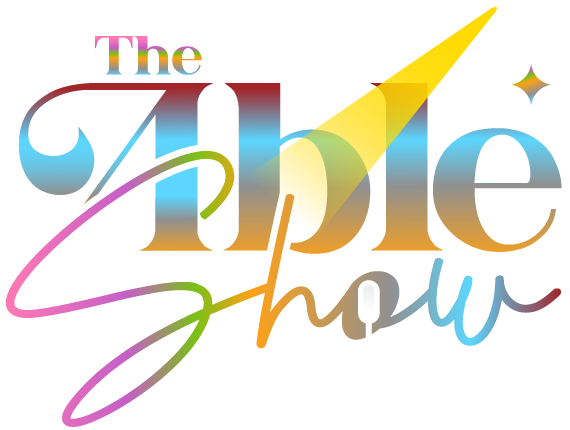A few times, we have talked about how impactful hyper fixations are for people on the spectrum. Primarily related to entertainment such as a franchise or a particular subject that coincides with a hobby. Today, we would like to look at another aspect of this topic, in regard to the scientific method. We’ll be looking into a few scientists on the spectrum and how they were able to become well known in their fields. They may not have powers, but they sure do know a lot about specific subjects.
History of Examples
There are a large number of scientists with disabilities, physical and neurotypical and their success in life. Such as Michelle Dawson an autistic professor in cognition and neurodevelopment for autism. She has contributed a great deal to autism research and development that greatly improved autism research. Another example is Daniel Tammet, an educator, and mathematician with Asperger syndrome and savant syndrome. He’s the creator of Optimnem, a language learning website in 2002.
Medical curiosity
One more example of this would be Jeff Karp, a biomedical engineer and a Professor of Medicine. He’s well known for his research on medical adhesives based on geckos and skin cream for nickel allergy. In an interview with Stat news, he goes into great detail about how his hyper fixation drove his curiosity. He spent years researching and asked questions others in similar fields of study haven’t looked into. In addition to his studies in several universities, he traveled the world learning about medicine.
In the same interview he talked about how he grew up with ADHD and how it influenced him. To quote him. “My journey has taught me that thriving in a neurotypical world isn’t about changing who I am; it’s about leveraging my unique attributes to make meaningful contributions.”
Closing thoughts
Having a form of hyper fixation has its pros and cons with any type of mental disorder that it comes with. From the high times of productivity to the low points of procrastination for many people. We may focus on the more positive aspects of hyper fixation, but we hope that blogs like this would make the point. People with disabilities are not as limited if they find the right outlet to use their abilities. Much like the scientists we’ve mentioned in this article, they are capable of great discoveries and breakthroughs.
https://theableshow.com/how-they-used-hyper-fixation-for-their-research
https://www.statnews.com/2024/11/12/adhd-scientist-neurodiversity-hyper-focus-curiosity/
https://www.jcvi.org/blog/celebrating-spectrum-notable-autistic-scientists-who-redefined-discovery
https://www.tevapharm.com/patients-and-caregivers/all-stories/adhd-hyperfocus-a-double-edged-sword
